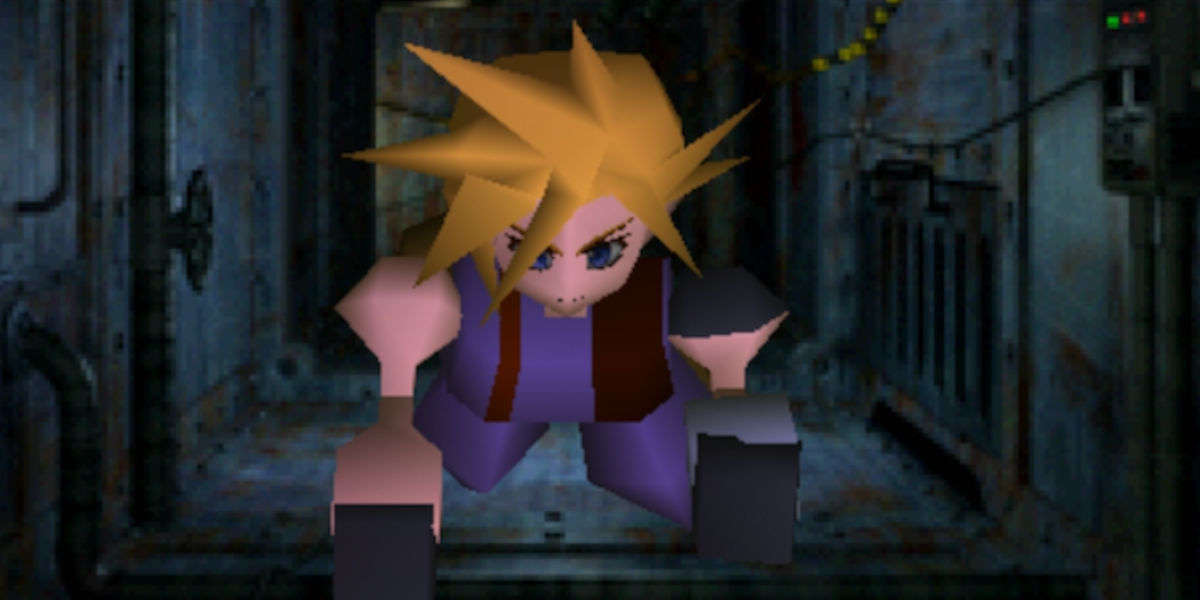One of the most celebrated role-playing games of all time, Final Fantasy VII (FFVII), stands as a paragon of storytelling, artistry, and gameplay. However, it's also renowned for something far less laudable: Final Fantasy VII's translation errors. This article delves into the fascinating world of FFVII localization mistakes, exploring why there are translation errors in Final Fantasy VII and how they've contributed to the game's unique charm and occasional confusion.
From Japanese to English: The Challenges of Translation
Localizing a game as complex and nuanced as FFVII is no easy feat. The translation from Japanese to English brought a multitude of challenges, including cultural differences, text limitations, and technical constraints. The result? A game rife with memorable yet often erroneous translations.
The Most Infamous Mistakes: A Closer Look
Some of the FFVII localization mistakes have become legendary within the gaming community, turning into memes or inside jokes. Here's a closer look at some of these memorable missteps:
- "This guy are sick": One of the most famous translation errors, this grammatically incorrect line is an example of how even small mistakes can become emblematic of the entire localization process.
- Aerith's Name: Aerith Gainsborough's name was localized as "Aeris" in English versions of the game. This change sparked debates among fans and remains a subject of discussion to this day.
- The "Attack while its tail up" Miscommunication: A confusing instruction during a boss battle led many players to do the exact opposite of what was intended, causing frustration and confusion.
Why Are There Translation Errors in Final Fantasy VII?
The question of why there are translation errors in Final Fantasy VII is multifaceted. Several contributing factors played a role in these errors, ranging from the rush to release the game in Western markets to limitations in technology and miscommunication between translation teams. The exploration of these aspects reveals a complex web of challenges and decisions that shaped the final product.
The following sections will delve into the details of these factors, shedding light on the intricacies of translating a game as ambitious and nuanced as Final Fantasy VII. Whether you're a long-time fan or new to the FFVII universe, the insights presented here offer a fresh perspective on a beloved classic.
Technical Limitations and Time Constraints
The translation of Final Fantasy VII was marked by a lack of time and technology. The localization team was under tremendous pressure to translate a game filled with intricate dialogues and contextual subtleties. Without the sophisticated translation tools available today, this process was fraught with challenges and prone to errors.
Character Limitations and Syntax Problems
Another significant hurdle was the character limitations imposed by the game's original design. Japanese text often requires fewer characters than English, leading to truncated and sometimes incomprehensible translations. Syntax differences between the two languages further exacerbated the problem, leading to some of the FFVII localization mistakes that fans know all too well.
Cultural Differences: East Meets West
Understanding why there are translation errors in Final Fantasy VII also requires an examination of the cultural differences between Japan and Western countries. Certain concepts, idioms, or jokes that make sense in Japanese might not translate well into English. This dissonance often led to misunderstandings or oversimplifications in the translated text.
How Have the Errors Impacted the Game?
Final Fantasy VII's translation errors are not merely curiosities; they've had tangible effects on the gameplay and the players' perception of the story. Some have led to confusion, while others have added unintended humor. In a few cases, they've even affected gameplay, leading players to make incorrect decisions based on misunderstood instructions.
Modern Reinterpretations: Revisiting FFVII's Localization
With the release of Final Fantasy VII Remake, Square Enix had the opportunity to revisit and correct many of the original game's translation errors. The modern reimagining of this classic allowed for a more nuanced and accurate translation, offering a fresh experience for both new and returning players.
Conclusion: Embracing the Imperfections
FFVII's translation errors and localization mistakes are an integral part of what makes the game so unique and memorable. These imperfections have contributed to the game's charm and legacy, turning flaws into features in the eyes of many fans. The errors offer a window into the complexities of game development and localization, providing a lesson in how even the most revered classics can have imperfections.
By understanding Final Fantasy VII's translation errors, fans and developers alike can appreciate the Herculean effort that went into bringing this masterpiece to a global audience. Whether seen as blemishes or badges of honor, these mistakes are now an indelible part of gaming history, a testament to a time when the industry was still finding its way in a rapidly globalizing world.




